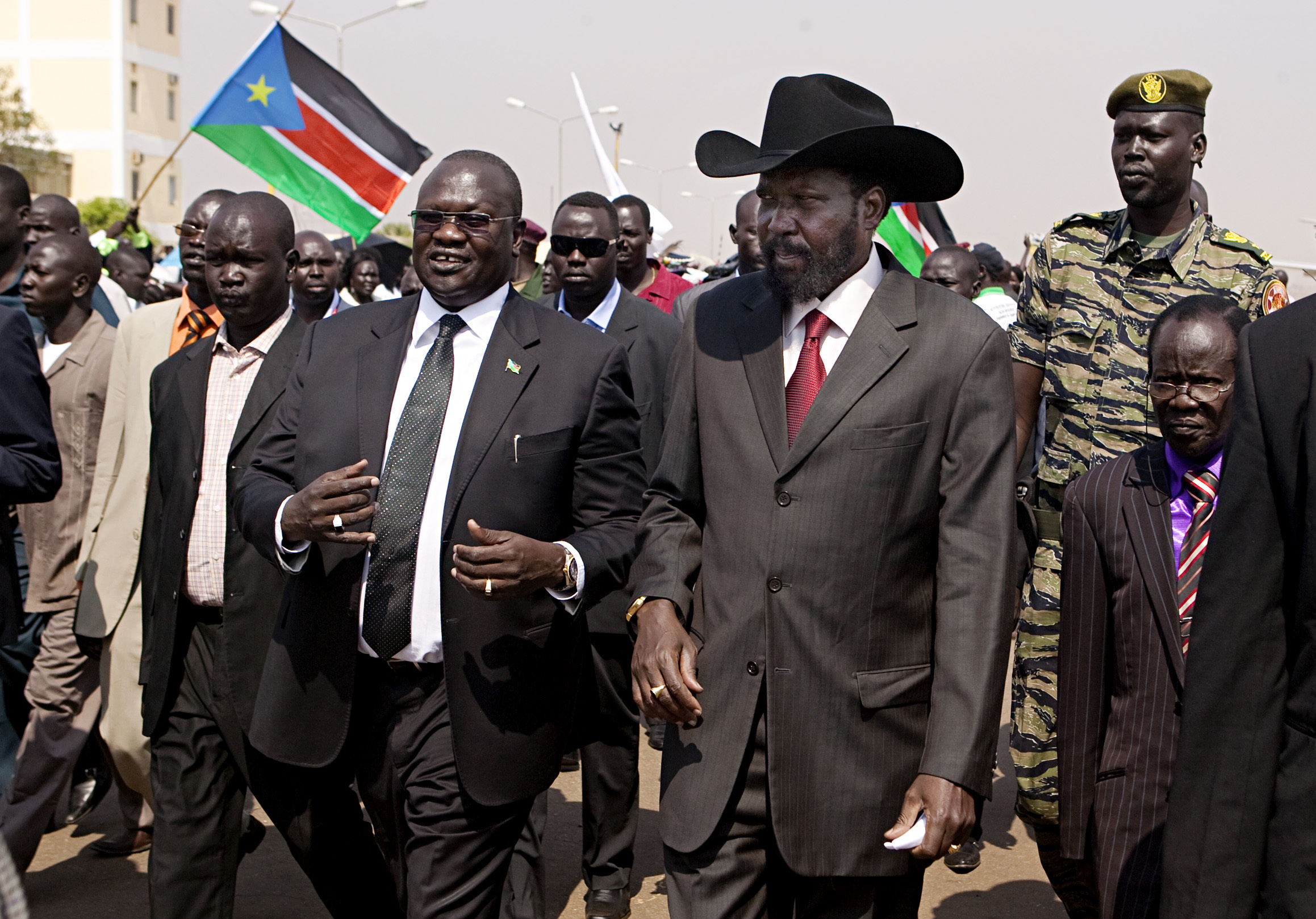
A week after President Obama announced potential targeted sanctions against individuals responsible for the ongoing violence in South Sudan both sides have expressed an overwhelming lack of concern that they will be affected. The Executive Order (EO), announced on April 3, was designed to support the IGAD mediation efforts and bring the parties to the conflict back into negotiations that were suspended for a third time last week and set to resume for April 30. The Executive Order was intended to send a clear warning to both the Government of South Sudan and opposition forces under Riek Machar, but to have true leverage, targeted sanctions should have been immediatly imposed in order to be taken seriously and have the desired impact on the negotiations.
For over three months now, individuals on both sides have been violating, delaying, and undermining the peace process. The EO authorizes the Treasury Department, with the consent of Treasury Secretary Jack Lew and Secretary of State John Kerry, to investigate individuals that pose a direct threat to the peace, security and stability of South Sudan. Under the International Emergency Economic Powers Act (IEEPA), individuals would be placed on the Office of Foreign Assets Control (OFAC) Specially Designated Nationals List (SDN) maintained by Treasury. U.S. banks would be prohibited from dealing with these individuals and their domestic assets would be frozen. A travel ban to the U.S. would also be imposed. The OFAC list is a powerful tool usually reserved for terrorists and narcotraffickers.
While a step in the right direction, targeted sanctions are only one aspect of a comprehensive approach that should be deployed by the U.S. government to support peace and security in South Sudan. The Enough Project has repeatedly called for a diplomatic surge and increased support for civil society engagement, as outlined by John Prendergast in his House testimony and Foreign Policy op-ed. Given the complexity of the political and ethnic dimensions to the conflict, increasing tensions in Abyei and some of the worst levels of violence seen in Darfur since the beginning of the genocide, the situation in South Sudan and Sudan demands the attention of either a second Special Envoy or senior deputy. The U.S. has a diverse toolkit at its disposal to pressure the parties to the conflict back into negotiations, of which targeted sanctions are just one tool. Such strong rhetoric will not have the desired effect until there are real consequences and accountability for restricting humanitarian access, targeting civilians and stalling the peace process on both sides.
Photo: South Sudanese President Salva Kiir, centre-right and former Vice-President Riek Machar (AP)

